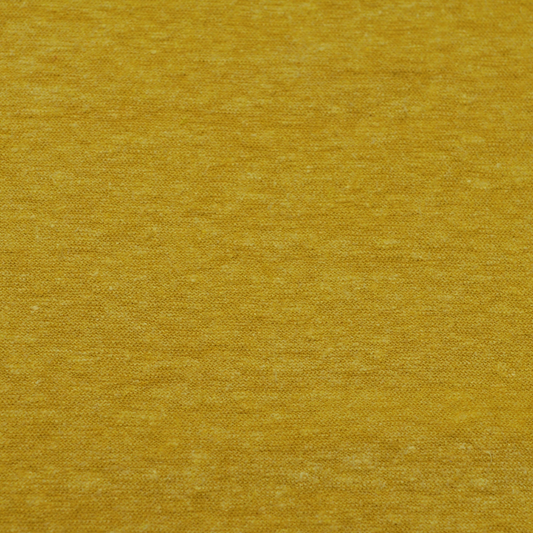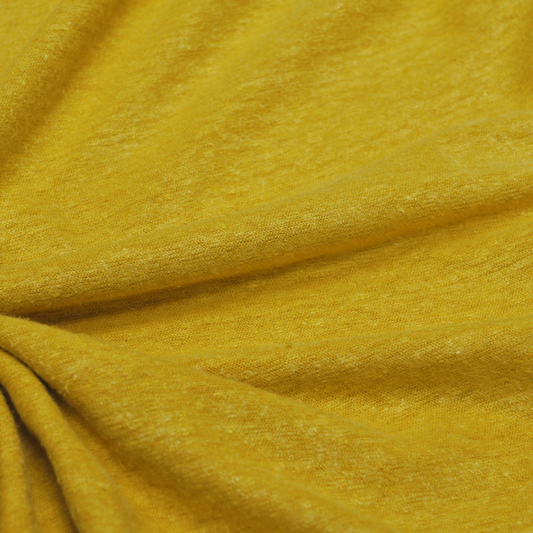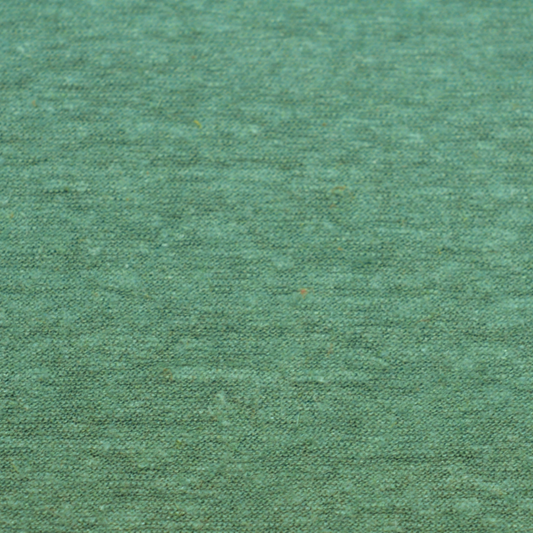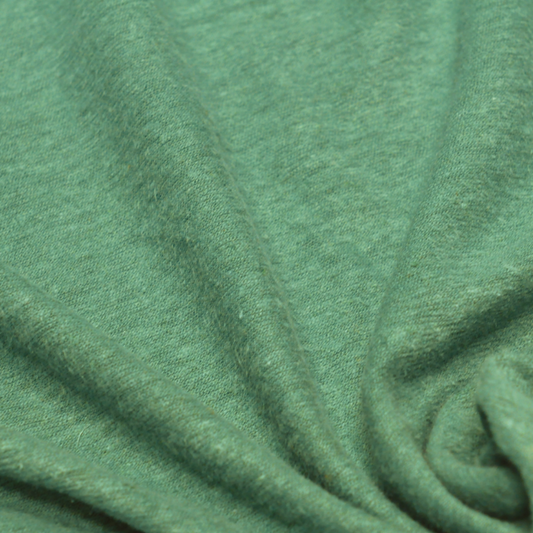Regenerative Turkish Hemp
Hemp plant with its minimal water requirements, innate resistance to pests, and ability to grow in varied climates, has long been championed as an eco-friendly alternative to more water-intensive crops like cotton. Its fibrous yield requires fewer chemicals, ensuring a reduced environmental footprint from the very start of the production process. Through our meticulous sourcing and manufacturing processes, Manifutura not only is committed to using of sustainable raw materials but also actively works to minimize the carbon footprint of each product. We find ourselves responsible not only by creating textiles that don't just look and feel good but also resonate with a deep sense of responsibility to the planet and future generations.
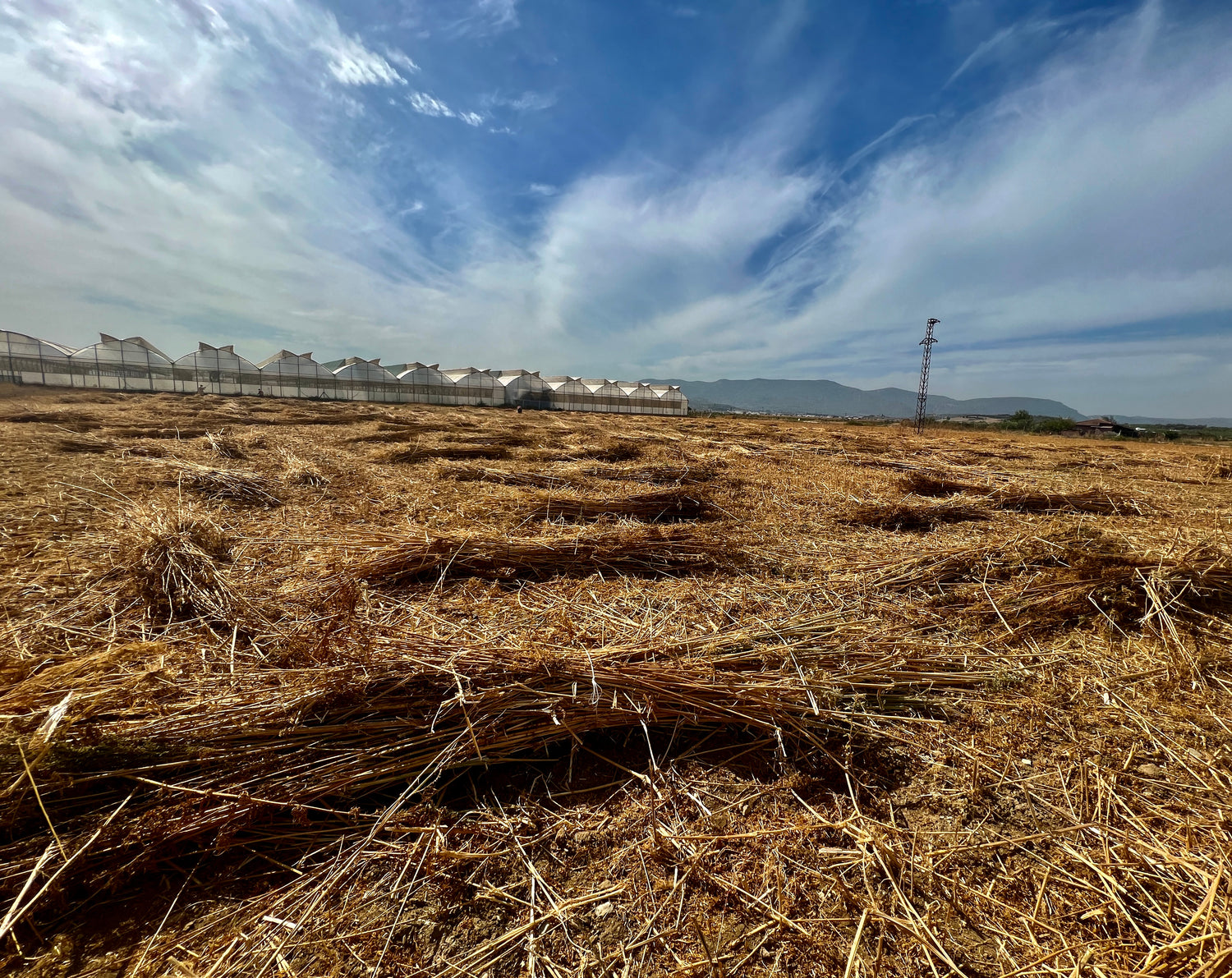
Our Hemp Farm & Fiber Process
Our hemp farms are located in the Aegean Region of Turkey, within 100 kilometers of our operation office. Hemp is currently in rotation in two farms. One of the farming is done using organic practices and for the other farm, regenerative farming practices such as mulching, no tilling, cover crops and crops rotation are applied.
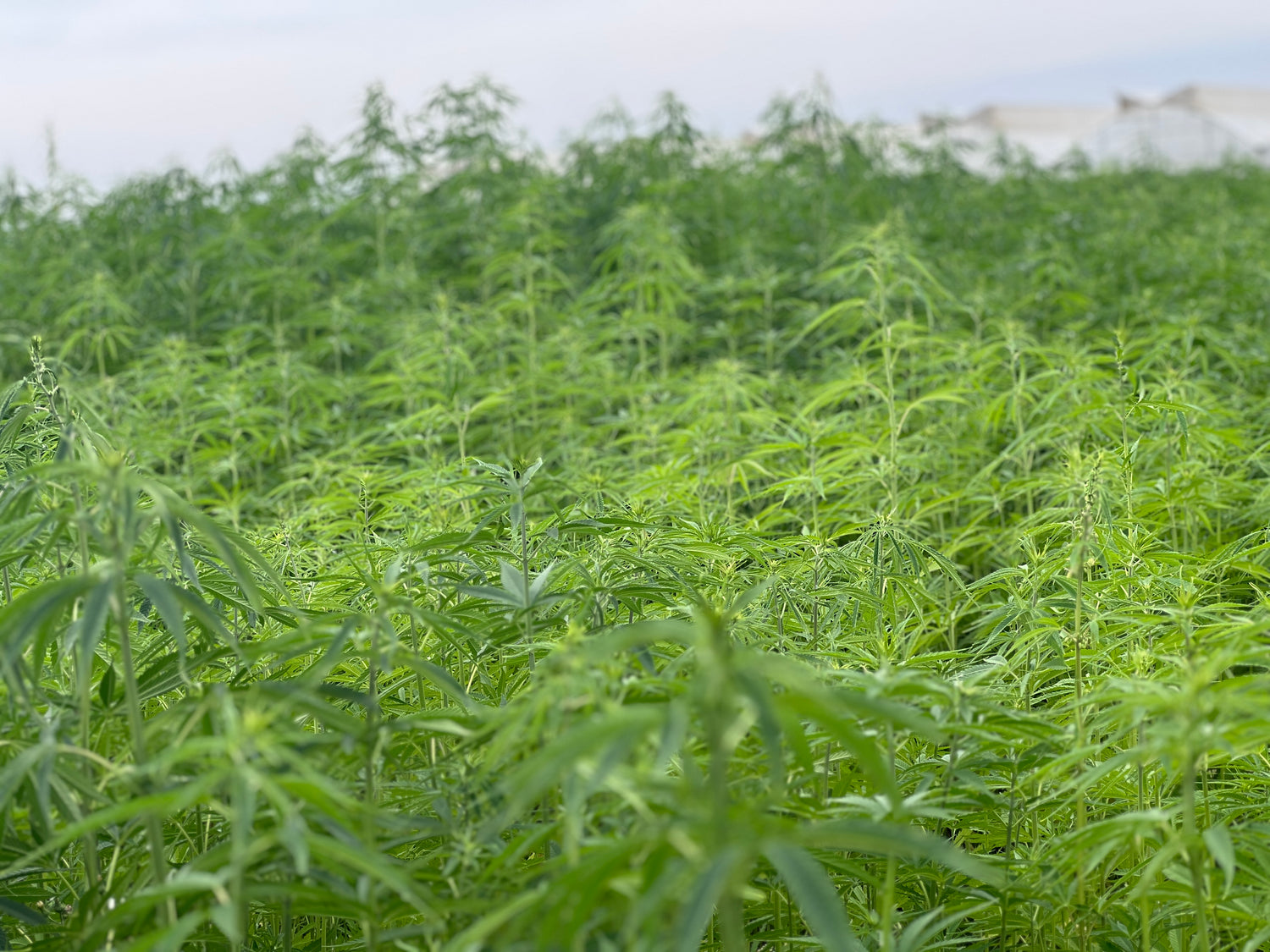
Specially Grown for Textile Usage
We grow Turkish hemp fibers for high-quality textiles. Our careful harvesting before flowering ensures optimal fiber performance and easy blending with other fibers. Hemp is the most eco-friendly fabric you can choose for clothing. In addition to its astonishing sustainability features, strength and long-lasting durability of hemp are its another valued properties.
Also hemp cellulose fibers enable hemp fabric to have insulating and breathable properties, hemp clothes can adapt to different temperatures, be fresh in summer, and cozy in winter!
Hemp clothes don’t discolor over time and stay in their lively color for a long time because of it's absolutely absorbent material capacity.
Just wash it more and it gets softer.
It's impossible not to be amazed by the many benefits hemp clothing has to offer us as a comfortable, long-lasting, and eco-friendly source of clothing.
Why Hemp Textiles?
-
Environmental Efficiency
Hemp is renowned for its low environmental impact. It requires significantly less water than many other textile crops, particularly cotton. Furthermore, hemp grows rapidly, naturally repels pests without the need for chemical pesticides, and can be cultivated without synthetic fertilizers, reducing both water and soil pollution. Its deep roots also prevent soil erosion, promoting overall land health.
-
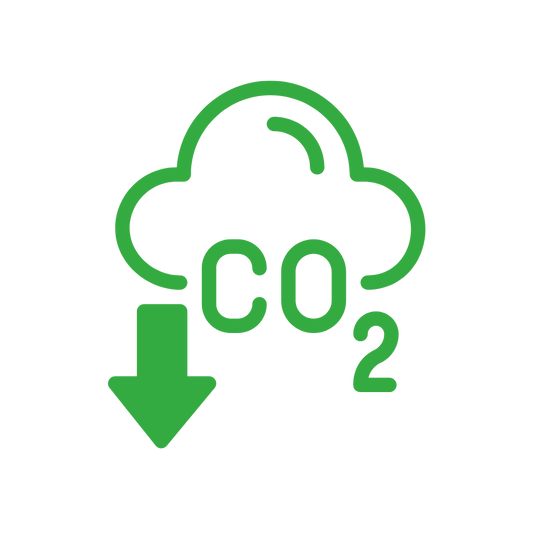
Carbon Sequestration
One of hemp's standout features is its ability to absorb large amounts of CO2 from the atmosphere, more so than many other crops. As it grows, hemp captures and stores carbon, actively helping to reduce the greenhouse effect and combat climate change. By using hemp as a raw material, the textile industry can significantly cut down its carbon footprint, making it a frontrunner in sustainable materials.
-
Durability and Quality
Hemp fibers are incredibly robust and long-lasting.
Textiles crafted from hemp tend to have a longer lifespan than those made from other materials, meaning fewer replacements and reduced waste over time.
Moreover, hemp fabrics are breathable, UV resistant, and possess anti-bacterial properties, offering both quality and functionality.


